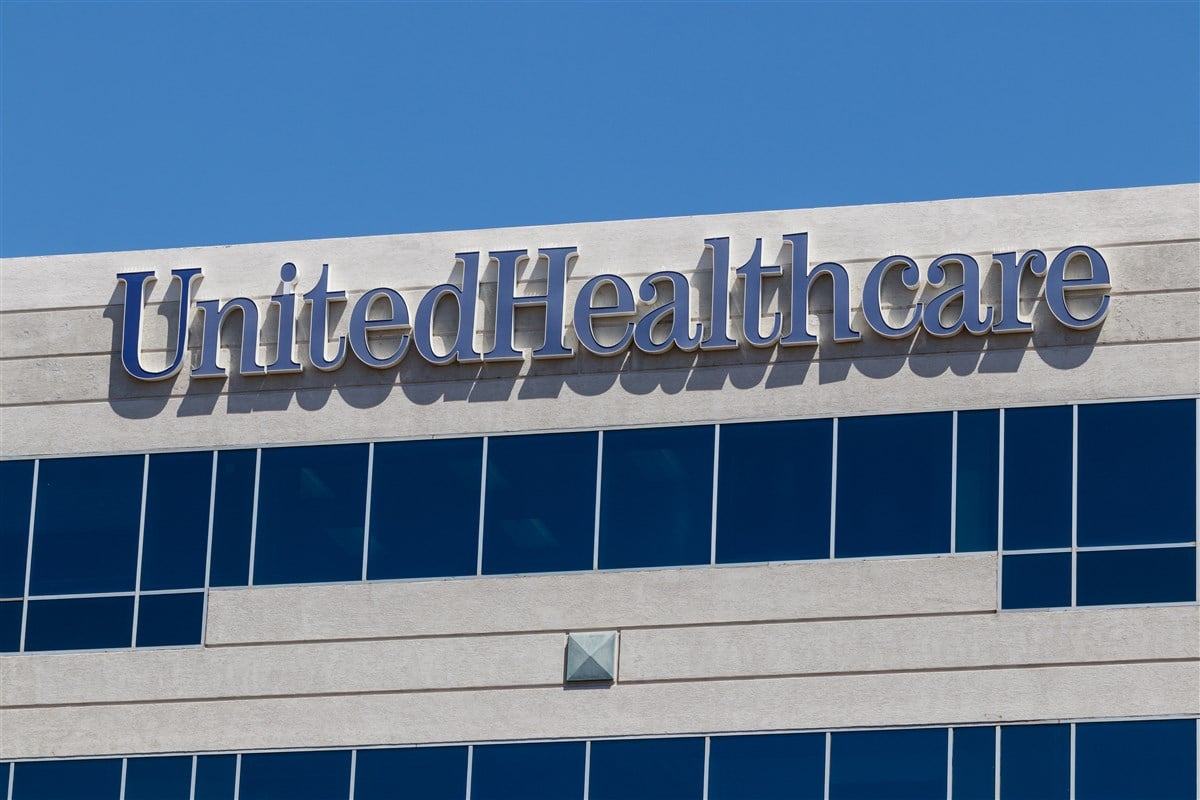
Medicare Advantage plans have been making headlines in 2024, but not in a positive light, at least for health insurance companies. Medicare is a government-sponsored health insurance benefit; generally for retired people aged 65 and older. For most, the money for Medicare Part B medical insurance or Part C Medicare Advantage plans is withdrawn directly from Social Security benefits monthly, coupled with a relatively small monthly payment from the patient. Nearly half of the Medicare population is enrolled in Part C Medicare Advantage plans. However, there have been rumblings in the medical sector between medical providers and medical insurers coming to a head.
Mismanaged care deception?
Managed care insurers have profited handsomely from Medicare Advantage plans, scoring billions in annual profits. They credit this financial wizardry to their use of sophisticated data analytics, preventative care, cost optimization, provider networks, evidence and value-based care and risk mitigation strategies. However, doctors, hospitals, and medical providers assert that insurers are just finding more creative ways to not pay them by instituting complicated authorization procedures and denying claims.
Caught with the hand in the cookie jar
MAP insurers, also known as Medicare Advantage Organizations (MAOs), routinely deny millions of medical reimbursement claims annually. A 2022 report from the Office of the Inspector General of the U.S. Department of Health and Human Services found that MAOs unfairly denied nearly 20% of allowable medical claims. Of the denied authorizations for medical services, the report found that 18% of them met Medicare coverage and MAO billing rules and should have been approved.
The Humana bombshell
The health insurers are feeling the pinch from its Medicare Advantage plan population. Humana Inc. (NYSE: HUM) dropped a bombshell in its Q4 2023 earnings report when it cited the unexpected spike in medical costs incurred by its Medicare Advantage patients in November and December 2023. Inpatient utilization costs skyrocketed in the fourth quarter.
Apparently, It wasn't a fluke since Humana went on to drastically lower its 2024 and 2025 EPS forecasts by 50% and 70%, respectively. For the full-year 2024, Humana's adjusted EPS guidance was lowered to $16.00 from $29.14. For the full year 2025, Humana lowered its EPS guidance even more drastically in the range of $6.00 to $10.00 from $37.00. While annual EPS has been stagnating for the past three years, the drastic EPS cuts are shocking. This is jaw-dropping, considering they earned an annual EPS of $25.31, $22.67, and $22.08 in 2020, 2021, and 2022, respectively.
The changing landscape
Health insurer Aetna, which was acquired by CVS Health Co. (NYSE: CVS) in 2018, and insurer Centene Co. (NYSE: CNC) have expressed concern over proposed Medicare Advantage base rate cuts in 2025. This is backed by experts claiming MAOs are getting overpaid, and it's costing taxpayers billions.
Centers for Medicare and Medicaid Services deputy administrator Meena Seshamani commented that the proposals are aimed at making "Medicare Advantage less susceptible to gaming and protect the long-term stability of the Medicare program." The insurers are willing to cut benefits and pass on the cost burden to the patients. Medicare will release its fee schedule in April 2024.
Cigna ditches Medicare Advantage altogether
The Cigna Group (NYSE: CI) recently announced it was selling its Medicare Advantage business for $3.7 billion to Health Care Services Co. Perhaps they saw the writing on the wall and made a prudent decision to jump ship. Although, Medicare Advantage only accounts for 4.4% of the revenues in 2022. The deal is expected to close in Q1 2025.
Will the other shoe drop?
Since Humana is the second largest Medicare Advantage insurer in the United States, logic would dictate that the top Medicare Advantage insurer, UnitedHealth Group Inc. (NYSE: UNH), must be affected, too. However, that doesn't seem to be the case, but they did report earlier than Humana. This begs the question as to whether Humana is the sole loser with Medicare Advantage or is just ahead of the curve in lowering forecasts, and UnitedHealthcare investors can expect the other shoe to drop.
Get AI-powered insights on MarketBeat.
Better managed or just behind the curve?
UnitedHealth Group reported its earnings on January 12, 2024, before Humana reported its bombshell on January 25, 2024. UnitedHealth Group did note the rising costs in its Q4 2023 as its medical care ratio(MCR) rose 220 bps to 85%, which is the percentage of premiums used to pay claims. The full year 2023 saw a creep up to 83.2% compared to 82% in the full year 2022. UnitedHealth didn't seem overly concerned with rising costs. In fact, management stated that the company expects to add 450,000 to 500,000 Medicare Advantage plan members in 2024.
Management claims it's still well positioned in the business ahead of 2025 and 2026. UnitedHealth full year 2023 adjusted net earnings were $25.12. Unlike Humana, UnitedHealth has been growing its annual EPS from $17.23 in 2020 to $18.08 in 2021 to $21.18 in 2022 and $25.12 in 2023. Analysts still expect 2024 adjusted EPS between $27.84 to $28.18 in 2024.
UnitedHealth Group CEO Andrew Witty commented, "Despite the shifting care patterns and the commensurate pressure felt during '23, we've been able to both deliver on our growth commitments and invest and prepare for a reduced MA funding cycle over the next three years."
UnitedHealth Group analyst ratings and price targets are at MarketBeat. UnitedHealth Group peers and competitor stocks can be found with the MarketBeat stock screener.